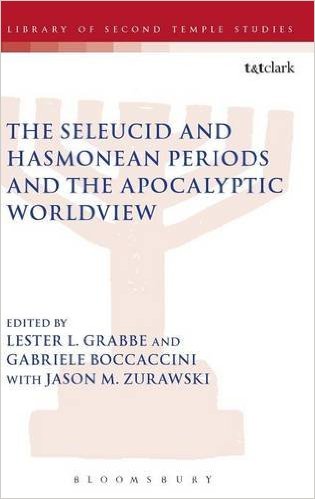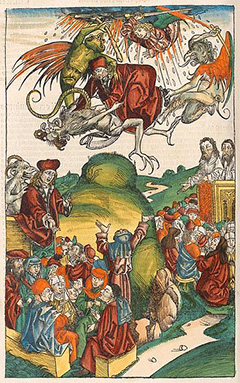O filósofo, semiólogo e romancista italiano Umberto Eco, autor de “O nome da rosa” e “O pêndulo de Foucault”, morreu nesta sexta-feira (19), segundo os jornais italianos “La Repubblica” e “Corriere della Sera”. A informação foi dada por um familiar do escritor ao “La Repubblica”, que diz que Eco morreu aos 84 anos em sua casa às 22h30 do horário local (19h30 pelo horário de Brasília). A causa da morte não foi informada.
Leia aqui.
:: Morto lo scrittore Umberto Eco. Ci mancherà il suo sguardo sul mondo – La Repubblica: 20 febbraio 2016
Umberto Eco è morto. Il mondo perde uno dei suoi più importanti uomini di cultura contemporanei e a tutti noi mancherà il suo sguardo sul mondo. Aveva 84 anni, è stato scrittore, filosofo, grande osservatore ed esperto di comunicazione e media. La conferma della scomparsa dell’autore de “Il nome della Rosa” e de “Il pendolo di Foucault” è stata data dalla famiglia a Repubblica. La morte è avvenuta alle 22.30 di ieri sera nella sua abitazione.
:: È morto lo scrittore Umberto Eco – Corriere della Sera
È morto Umberto Eco, uno degli intellettuali italiani più celebri al mondo. Aveva 84 anni, compiuti da poco, lo scorso 5 gennaio. Scrittore, saggista, semiologo, docente universitario. Eco è stato una presenza importante della vita culturale italiana degli ultimi sessant’anni, ma il suo nome resta innegabilmente legato, a livello internazionale, allo straordinario successo del suo romanzo Il nome della rosa, edito nel 1980 da Bompiani e diventato ben presto un bestseller internazionale, con traduzioni in tutto il mondo e milioni e milioni di copie vendute.
Sobre Umberto Eco, sua vida e sua obra, leia mais aqui, aqui e aqui.


